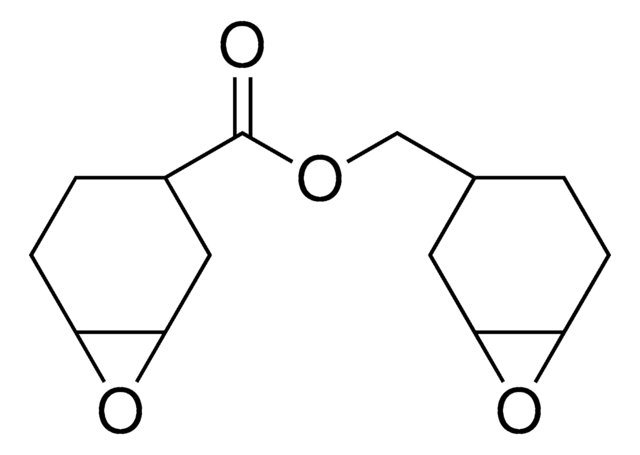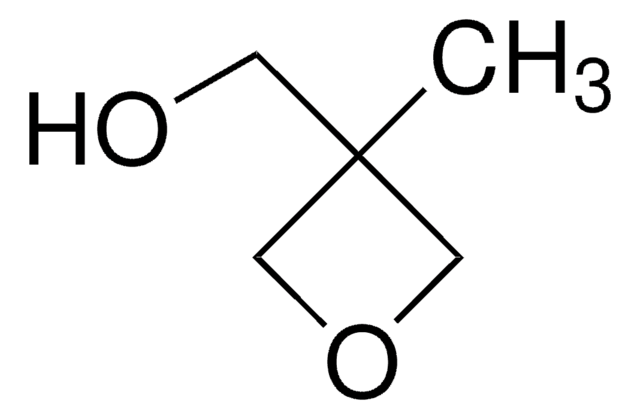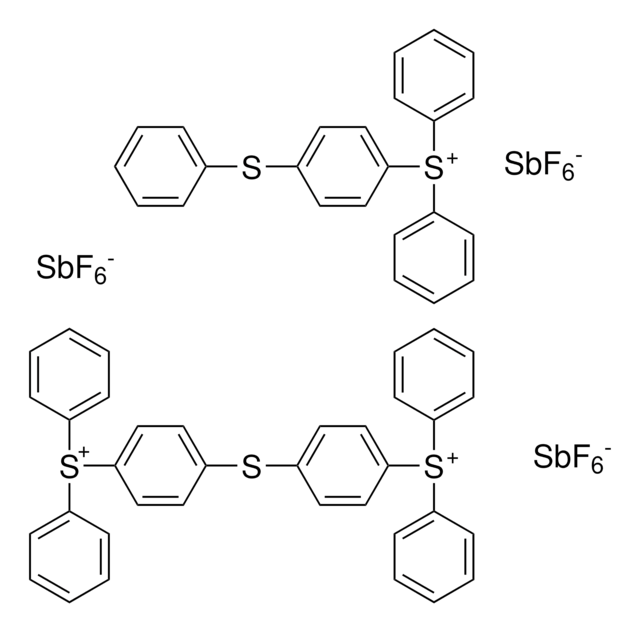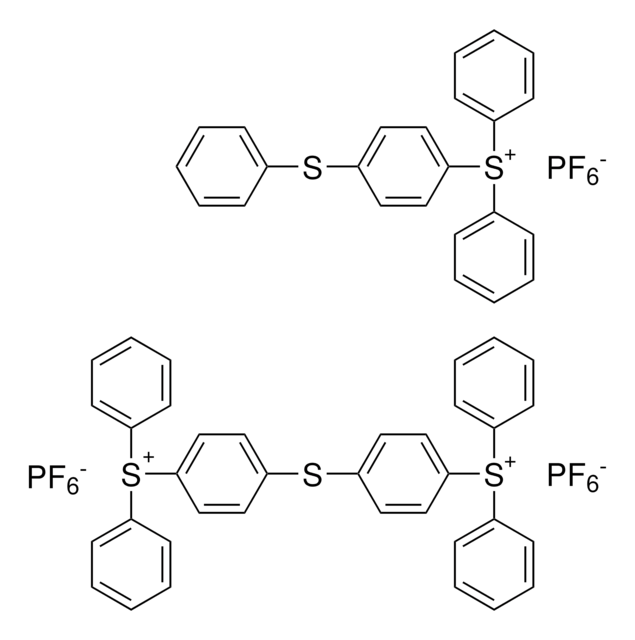All Photos(1)
About This Item
Empirical Formula (Hill Notation):
C6H12O2
CAS Number:
Molecular Weight:
116.16
EC Number:
MDL number:
UNSPSC Code:
12352100
PubChem Substance ID:
NACRES:
NA.22
Recommended Products
Assay
96%
refractive index
n20/D 1.453 (lit.)
bp
96 °C/4 mmHg (lit.)
density
1.019 g/mL at 25 °C (lit.)
functional group
ether
hydroxyl
SMILES string
CCC1(CO)COC1
InChI
1S/C6H12O2/c1-2-6(3-7)4-8-5-6/h7H,2-5H2,1H3
InChI key
UNMJLQGKEDTEKJ-UHFFFAOYSA-N
Storage Class Code
10 - Combustible liquids
WGK
WGK 3
Flash Point(F)
226.4 °F - closed cup
Flash Point(C)
108.00 °C - closed cup
Personal Protective Equipment
dust mask type N95 (US), Eyeshields, Gloves
Choose from one of the most recent versions:
Already Own This Product?
Find documentation for the products that you have recently purchased in the Document Library.
Customers Also Viewed
Preparation and characterization of fluorescent hyperbranched polyether.
Gao C, et al.
Reactive functional Polymers, 58(1), 65-72 (2004)
Paweł Parzuchowski et al.
Polymers, 12(1) (2020-01-23)
Hyperbranched polyoxetanes are a relatively new class of polymers. These are branched polyethers that are synthesized from oxetanes-four-member cyclic ethers bearing hydroxymethyl groups-via ring-opening polymerization. Four series of polyoxetanes were synthesized from 3-ethyl-3-(hydroxymethyl)oxetane and 1,1,1-tris(hydroxymethyl)propane as a core molecule. Reagents
A study of monomer's effect on adhesion strength of UV-curable resins.
Chiang TH and Hsieh T-E.
International Journal of Adhesion and Adhesives, 26(7), 520-531 (2006)
Qi Zhu et al.
The journal of physical chemistry. B, 113(17), 5777-5780 (2009-04-03)
The influence of branching architecture on the glass transition of hyperbranched polyethers has been investigated. For amorphous samples, the glass transition temperature (T(g)) first increases with the degree of branching (DB), passes through a maximum, and then decreases sharply. An
Our team of scientists has experience in all areas of research including Life Science, Material Science, Chemical Synthesis, Chromatography, Analytical and many others.
Contact Technical Service






![Trimethoxy[2-(7-oxabicyclo[4.1.0]hept-3-yl)ethyl]silane 98%](/deepweb/assets/sigmaaldrich/product/structures/181/139/6e4db31d-004b-403d-9456-b5b3ef912834/640/6e4db31d-004b-403d-9456-b5b3ef912834.png)





